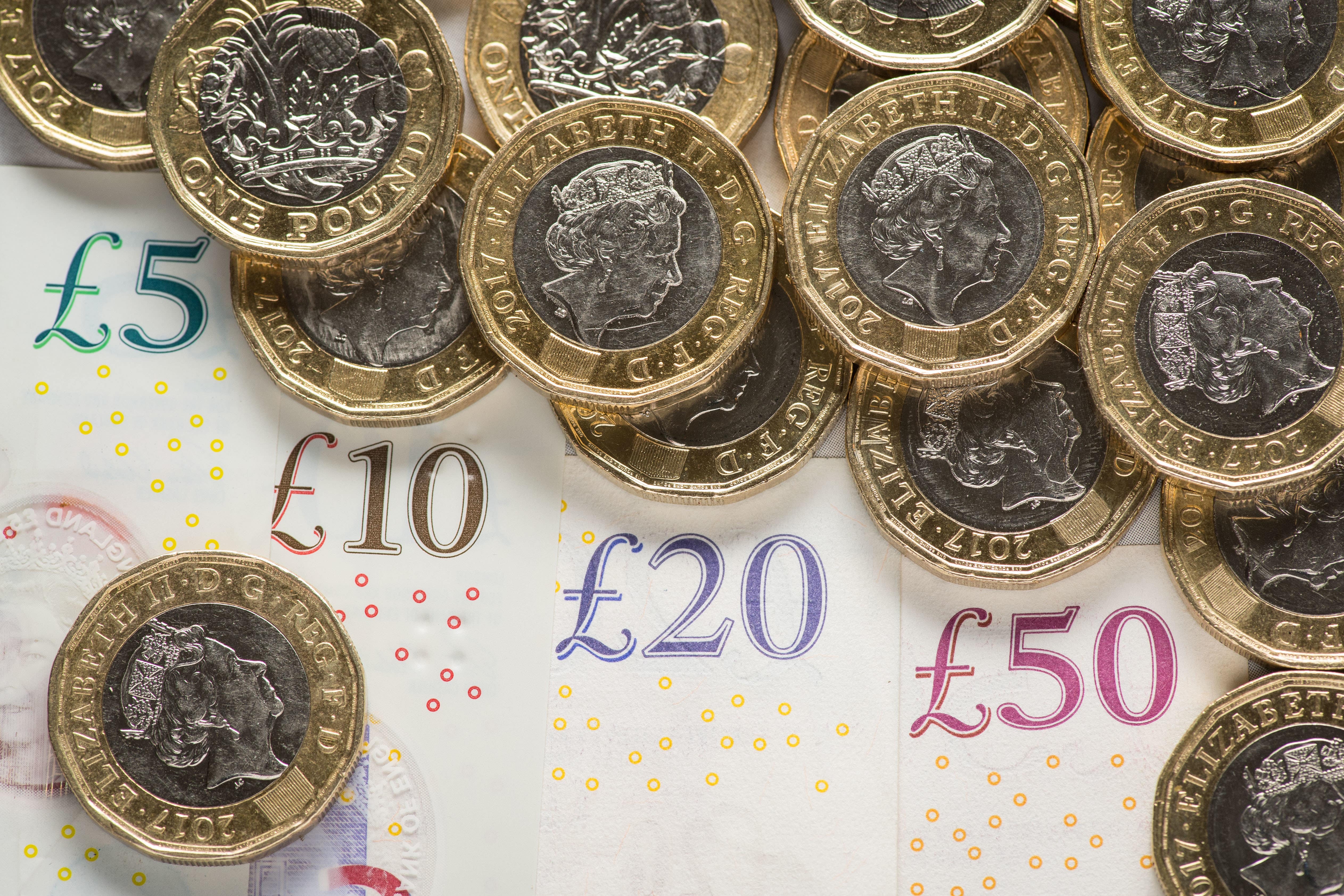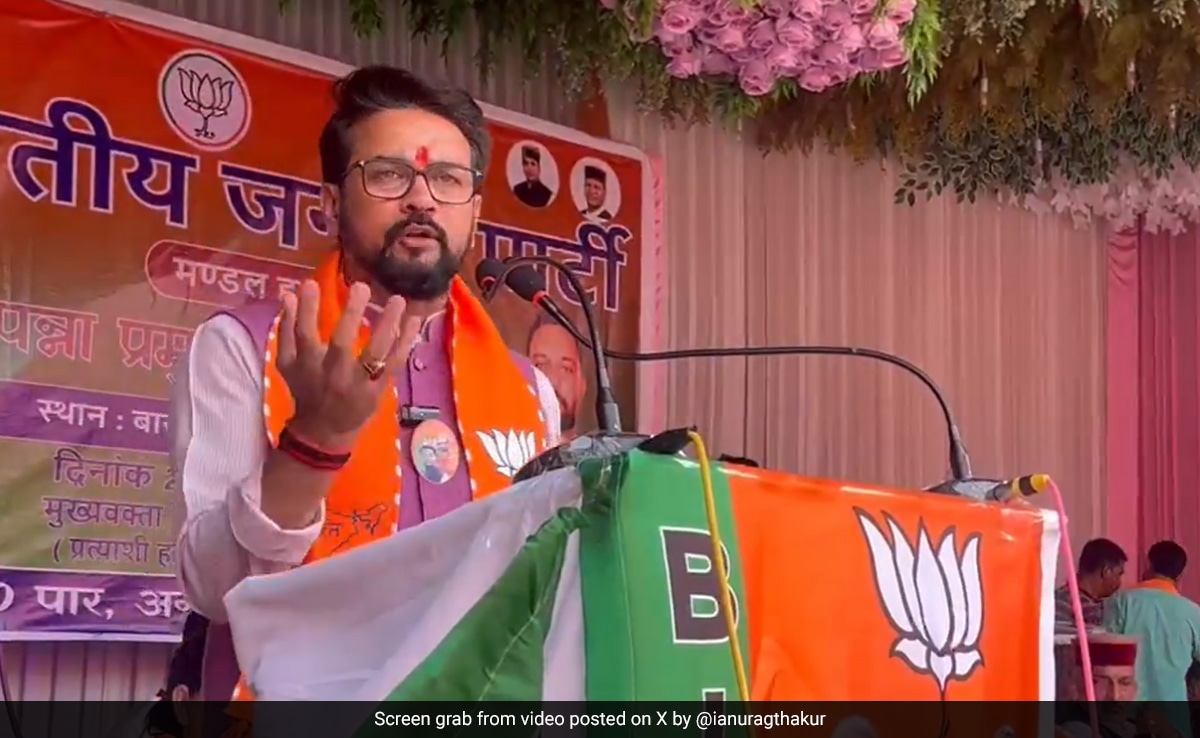Jeremy Hunt this month unveiled his Spring Budget, which included a 2p National Insurance tax cut, child benefit reform and a new “British Isa”.
However, some experts are concerned that the chancellor’s new measures unfairly benefit higher earners. Economic think tank the Resolution Foundation said people earning £50,000 or more would benefit most from the NI cuts.
Earlier this month, news broke that the UK would officially enter recession at the end of 2023. The news came shortly after data showed inflation was holding steady at 4%, defeating the possibility of another rise but still well short of the government’s target. 2%.
The cost of living crisis persists against a challenging economic backdrop. Bills, food prices and rents remain high as millions struggle to afford necessities.
Research by the Joseph Rowntree Foundation (JRF) shows that 73% of low-income households receiving Universal Credit experienced food insecurity by the end of last year. One in six people said they sometimes turn off their fridge or freezer to save money.

March 2024 DWP payment dates and gift information
(PA Archives)
Here’s a brief overview of the state financial support available to low-income households in March of this year, along with the dates welfare recipients can expect funds to be released:
Welfare goes out as usual
Usual benefit and pension payments will be made largely as normal in March. all these are:
- universal credit
- state pension
- pension credit
- Disability Living Allowance
- personal independent payment
- Attendance allowance
- carer’s allowance
- employment support allowance
- income support
- jobseeker’s allowance
However, if your payment date falls on Good Friday (March 29), you should receive your expected payment the day before (March 28).
For more information on how and when state benefits are paid, please Visit government website.
living expenses payment
Despite ongoing financial pressures, the government has not announced any plans to extend the cost-of-living payment scheme beyond February 2024.
Peter Matejic, principal analyst at JRF, said: “Government cost-of-living payments provide short-term relief to households. Without them, they face an income safety net that fails to provide security and the cost of essential items such as food and energy continues to rise. rise.”
If eligible, you will be billed final living expenses of £299 From February 6, 2024 to February 22, 2024. People who receive certain benefits or tax credits are eligible for living expenses. These include: Universal Credit, Jobseeker’s Allowance, Employment Support Allowance, Income Support, Pension cCedit, Child Tax Credit and Working Tax Credit.
This follows several other payments made in 2023:
- £301 – first living expenses – paid between 25 April and 17 May (or 2 to 9 May for people receiving tax credits but no other low income benefits)
- £150 – Disability Benefit – Payable between 20 June and 4 July
- £300 – second living costs payment – for most people between October 31 and November 19
- £300 – Pensioner payment – due November 2023
If you think you are eligible for these payments but have not received them, you should contact the DWP.
Other help available after living expenses payment ends
Local council assistance
In the Spring Budget, Jeremy Hunt confirmed that the Home Support Fund (HSF) would be extended by six months beyond the original March 31 deadline.
HSF provides funding to all local councils to support vulnerable families in their area. City councils are free to allocate funds however they think is best.
For example, some offer cash grants, supermarket vouchers or energy bill assistance. You’ll need to visit your local council’s website to see what help is still available.
To find out what support you can get, charity End Furniture Poverty offers Useful help finder.
loan advance budget
The government offers “budget advance loans” for people who are on Universal Credit but face an emergency shortfall. Prior to the budget, the repayment period for these loans was 12 months. It has now doubled to 2 years.
These loans are interest-free and are automatically deducted from Universal Credit payments. You can “pre-borrow” up to:
- £348 if single
- £464 (if you are a couple)
- £812 if you have children
Charitable funding
If you are struggling financially, you may be eligible for certain charitable grants. There are a variety of grants available depending on your specific situation.
However, these grants often require you to meet specific criteria and can only provide limited funds.
Charitable grants are available to disabled or sick people, caregivers, bereaved, unemployed, students, etc.Charity Turn2us has an online tool to search for grants You may be able to use it.
Energy supplier help
Many energy suppliers offer help to those struggling with their energy bills. These include Scottish Power, EDF, E.ON and Octopus. It’s worth contacting your energy provider to find out if you qualify.
British Gas is also offering grants of up to £2,000 Customers of any energy supplier.You need to meet certain criteria to qualify and can Apply on the British Gas Energy Trust website.
Energy price caps: Will they rise or fall in 2024?
energy price cap From 1 April the price will drop to £1,690a drop of £238 from January’s cap of £1,928.
Analysts at trusted Cornwall Insight predict this will fall to £1,462.86 in July, only to rise slightly again to £1,590 in October.
An energy price cap is the maximum amount your energy supplier can charge you per unit of energy if you have a standard variable electricity price. This includes most families. It is expressed as the annual bill of an average household.
The recent drop in prices reflects recent declines in wholesale energy costs — the fees energy companies pay before they deliver electricity and natural gas to homes.
Although this is a significant fall from the record high rates of the past two years, the figure is still almost £1,000 a year higher than pre-pandemic levels.
Will benefits and pensions increase in 2024?
Benefits and state pensions will increase in April 2024.
In his autumn statement, Jeremy Hunt said inflation would hit 6.7% in September and benefits would increase. He also announced that the state pension would be increased by 8.5% at the same time.
However, Child Poverty Action Group (CPAG) warned that failure to increase the benefit cap would push more people over its threshold, meaning many people would have their benefits cut in real terms.
Have you been affected by rising inflation or have a story to share about your experience during the cost of living crisis? Contact via email: albert.toth@independent.co.uk
Follow us on Google news ,Twitter , and Join Whatsapp Group of thelocalreport.in
















